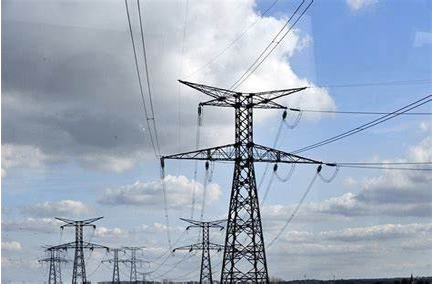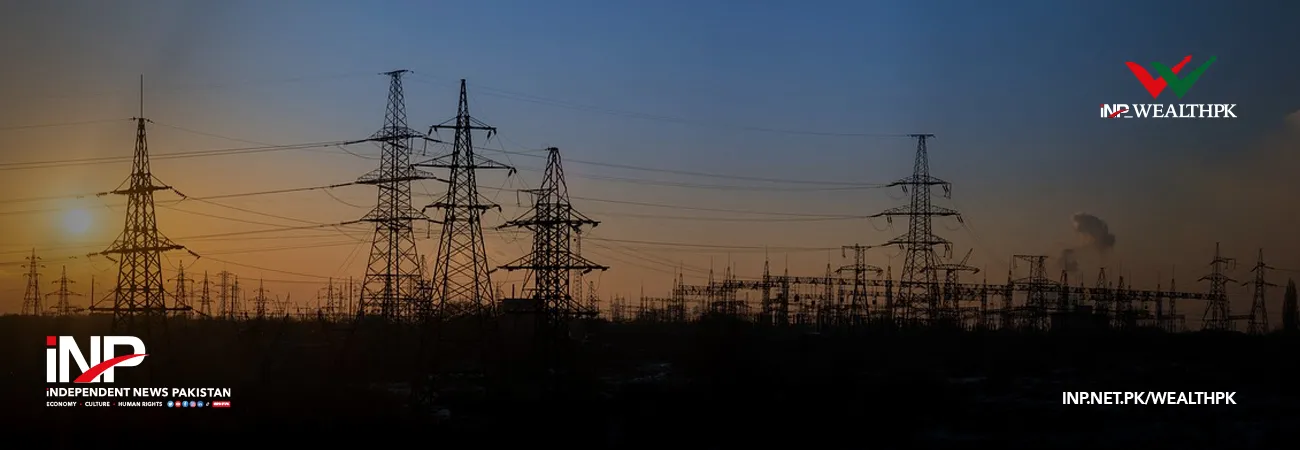INP-WealthPk
Amir Saeed
The revised Integrated Generation Capacity Expansion Plan (IGCEP) 2025–35 ensures provision of affordable, sustainable, and reliable electricity to the citizens of Pakistan by prioritizing local resources, fair competition, and long-term national energy security, reports WealthPK.

According to an official source from the Ministry of Energy, the plan seeks to reduce the electricity cost for consumers while reinforcing national economic stability. The selection of power projects under this framework is grounded in the principle of least cost, thereby prioritizing efficiency and value for money.
A notable achievement of the plan is the anticipated reduction of Rs4,743 billion in the national economic burden. This has been realized through two primary measures: rescheduling of project timelines, which has yielded savings of approximately $10 billion (Rs2,790 billion), and elimination of 7,967MW non-essential projects, resulting in an additional $17 billion (Rs1,953 billion) in savings.
For the first time, power project planning has been conducted with a focus on merit, transparency, and national interest rather than the benefit of specific individuals, groups, or political entities. Costly and redundant projects have been eliminated to ensure that only essential and economically viable initiatives are pursued.
The original proposal for 14,984MW new generation capacity has been prudently revised to 7,017MW, reflecting a strategic, demand-driven approach. Simultaneously, there has been a shift towards harnessing the indigenous energy resources, with 7,987MW capacity now planned to be generated through the local sources.
This realignment aims to reduce Pakistan’s dependency on imported fossil fuels such as coal and natural gas. Priority will be given to hydropower, solar, wind, and nuclear energy sources, which will enhance sustainability while conserving billions of dollars in foreign exchange annually.
Moreover, the IGCEP 2025–35 sets the stage for a competitive and sustainable electricity market. The future generation projects will be procured through open and competitive biddings, encouraging greater private sector participation.
In a significant policy shift, the government will no longer extend sovereign guarantees or commit to direct power purchases for new projects. This move is expected to eliminate the recurring burden of capacity payments that have long strained the energy sector.
In conclusion, the IGCEP 2025–35 signifies a transformative evolution in Pakistan’s energy planning paradigm. By emphasizing affordability, transparency, sustainability, and market competitiveness, the plan aspires to provide low-cost electricity to the consumers while fostering long-term economic growth and energy self-reliance.
Credit: INP-WealthPk













